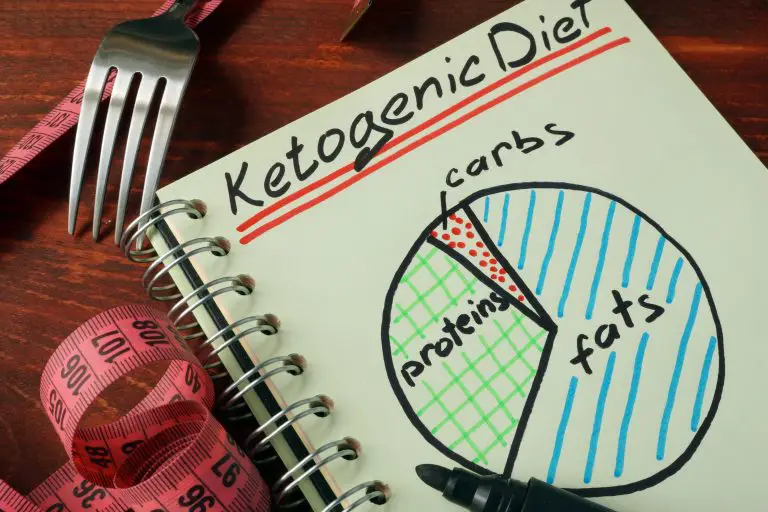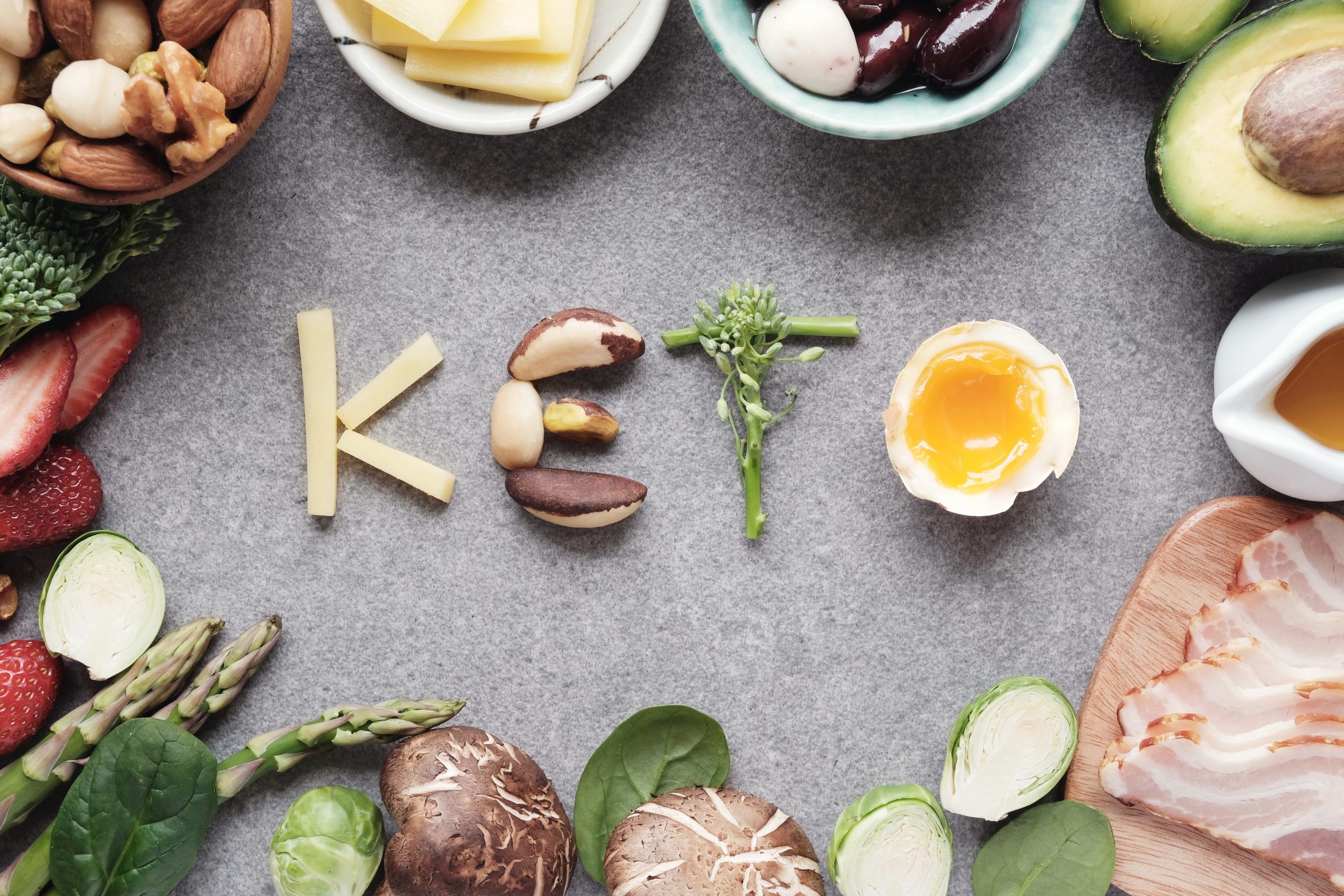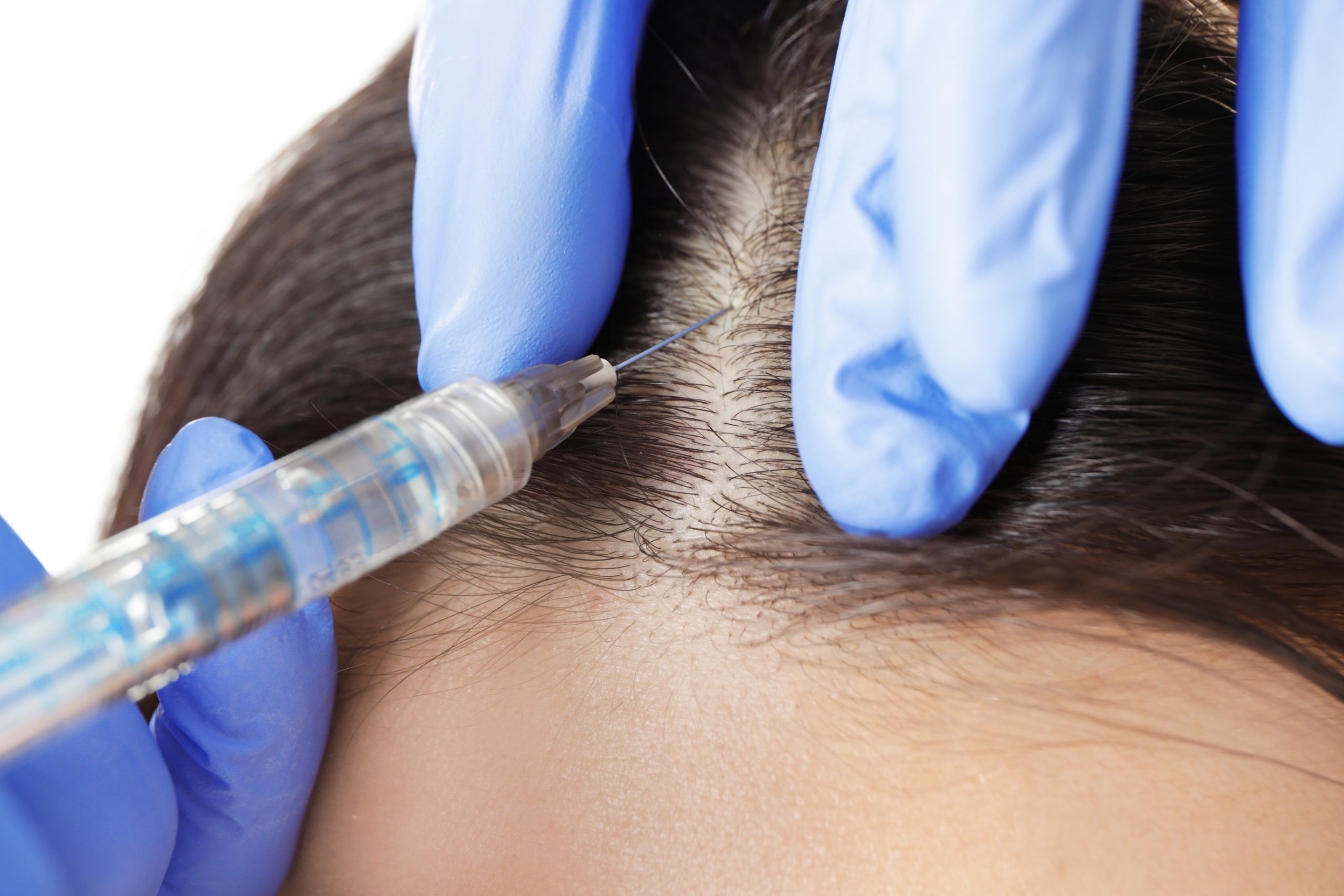
Page Contents
There are several controversies on whether keto diets cause hair loss. Interestingly, there are still some doubts about whether keto diets are healthy. For people who are not familiar with the term, keto diets were originally designed for people that suffered from epileptic seizures. However, over time, it has become popular among people that are trying to lose weight.
The major highlight of keto diets is that instead of regular carbs, they contain food than induces ketosis, causing the body to burn more fat. The ketosis usually sets in after about three-to-four days of getting on the diet.
Keto diets, however, also come with some downsides. One major downside of keto diets is a condition referred to as the keto flu. The keto flu causes a feeling of fatigue and vomiting in people on keto diets. Some nutritionists have also associated keto diets with increased risk of diabetes and heart disease in some people. Recently, there have also been some claims that keto diets can also lead to hair loss.
According to some studies, keto diets can lead to extreme stress in the body, which can lead to hair loss. There are not enough studies yet to fully ascertain the role of keto diets in hair loss. The most crucial link between the keto diets is that certain nutrients have been associated with hair loss. Since keto diets tend to restrict nutrients that get into the body, this can be an indirect cause of hair loss.
While more studies are still required to fully determine the role of keto diets in hair loss, some postulations switching from a normal diet to a keto diet could lead to protein deficiency. Proteins are, however, very vital in the production of hair and nails. So, protein deficiency can lead to hair loss.
However, you would have to be getting too little protein over a long period before seeing the effects on your hair.
On the other hand, although the role of keto diets in hair loss remains fully unknown, fruits and vegetables have been found to have positive effects on hair.
How Ketosis Affects Hair Growth
Under normal circumstances, the carbohydrates from the food you eat are the main source of energy for the body. So, when you are on keto diets, the body starts using fat from the body instead of carbohydrates as its source of fuel.
The two major reasons why keto diets are linked with hair loss include;
Fewer Nutrients
Br reducing the number of carbohydrates you consume, including certain high carb fruits and vegetables, you are reducing the variety of nutrients that your body is getting.
Your Body’s Response
When you cut down the calories you take, your body naturally responds by ensuring that all the available calories go to the essential functions of the body first. These essential functions include the functioning of the heart, lungs, and other vital organs. This can lead to lesser amount o calories available for hair growth.

Protecting Your Hair When On Keto Diets
Just as earlier mentioned, while keto diets can be amazing in weight loss, hair loss can be one of its undesirable effects.
Luckily, there are some steps that you can take to counter the negative effects of keto diets on your hair. In most instances, all you need to do is to slightly tweak the diet to include certain important vitamins that would help your hair growth.
Here is a list of some of the nutrients that you should include in your keto diet to ensure your hair gets all the required nutrients. It is important to note, however, that it might be difficult to include some of these nutrients in your meal plan. In instances like these, you can take these nutrients as supplements.
Biotin
Biotin is a B vitamin that is missing in most keto diets. Interestingly, it is an essential nutrient in hair growth. Although some foods included in keto diets like legumes contain biotin, they do so in small quantities.
Some types of food that can serve as good sources of biotin and fit into your keto eating plan include; organ meats (e.g., liver and kidney), cauliflower, mushrooms, nuts, egg yolks, etc.
You can also use biotin as a supplement. The recommended dosage is 30 micrograms (mcg) of biotin daily which is just about the amount in one capsule
Vitamin C
Vitamin C is a crucial nutrient for the immune system and the body’s defenses. Apart from this role, vitamin C also produces collagen in the body, which is important for healthy hair and skin.
Berries and citrus fruits are the most popular sources of vitamin C. Apart from these sources; you can also get vitamin C from yellow peppers, kale, mustard spinach, Brussels sprouts, thyme, and parsley.
Like biotin, you can also get vitamin C as supplements and from multivitamins. The daily dietary vitamin C requirement is about 90 milligrams (mg).
Vitamin A
Vitamin A (Retinol) is an important nutrient for good vision, healthy skin, and a good immune system.
However, unlike some other nutrients, most foods that are good sources of vitamin A can be conveniently included in a keto diet. Some of these foods include eggs, fish, and dairy.
A major precaution to, however, note with vitamin A is that excess of the vitamin can cause vitamin A toxicity. Some of the symptoms of vitamin A toxicity include hair loss, visual disturbances, bone, and joint pain, poor appetite, headaches, nausea, and vomiting.
For men, the recommended daily requirement for vitamin A is 900 mcg, while women are required to only have about 700 mcg per day. If you are already on a keto diet, you most likely do not need vitamin A supplements.
Vitamin D
The interesting thing about vitamin D is that the human body can produce the vitamin from sunlight. Although you can obtain the vitamin from nutritional sources. The primary function of vitamin D is to help with calcium absorption and several other functions, which include keeping you healthy.
Low levels of vitamin D cause hair loss. Some keto-friendly sources of vitamin D in the diet include; fatty fish (e.g., sardines), egg yolk, oysters, tuna, mushrooms, etc. The daily recommended intake of vitamin D is 600 international units (IU). Exposure to sunlight improves your vitamin D intake to about 1,000 IU daily.
Vitamin E
Vitamin E is, like vitamin C, is an antioxidant. The nutrient also helps promote healthy growth of cells and hair. Some good sources of vitamin E in a keto diet include sunflower seeds, hazelnuts, peanuts, almonds, avocados, and tomatoes.
Apart from these dietary sources, vitamin E can also be obtained in the form of supplements. You should, however, ensure that you don’t take more than the recommended 1,000 IUs daily.
Protein
Most times, keto diets include a lot of protein sources like red meat, fish, and poultry. So, you don’t have to worry if you are on a typical keto diet. However, for vegans on a keto diet, there is a high chance that you are not getting enough nutrients. This can lead to hair loss.
The alternative is to use plant-based protein sources if you are on a vegan keto diet.
Another essential nutrient for hair growth in keto diets is Iron.
In conclusion, if you notice any hair loss and think it might be a result of your keto diet, you can always reach out to a dietician or doctor to adjust the meal plan or get the necessary supplements. However, hair loss might be a result of other causes.




![Shea Butter for Hair Growth [The Untold Benefits] Shea Butter For Hair Loss Truth Or Myth](https://hairlossgeeks.com/wp-content/uploads/2019/10/shea-butter-for-hair-loss-truth-or-myth-1.jpg)


